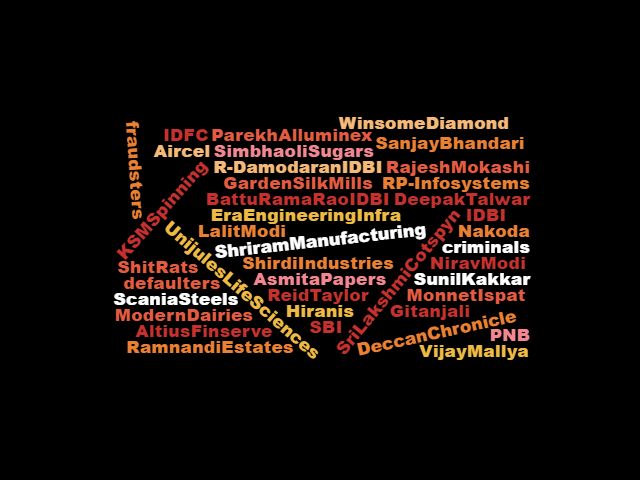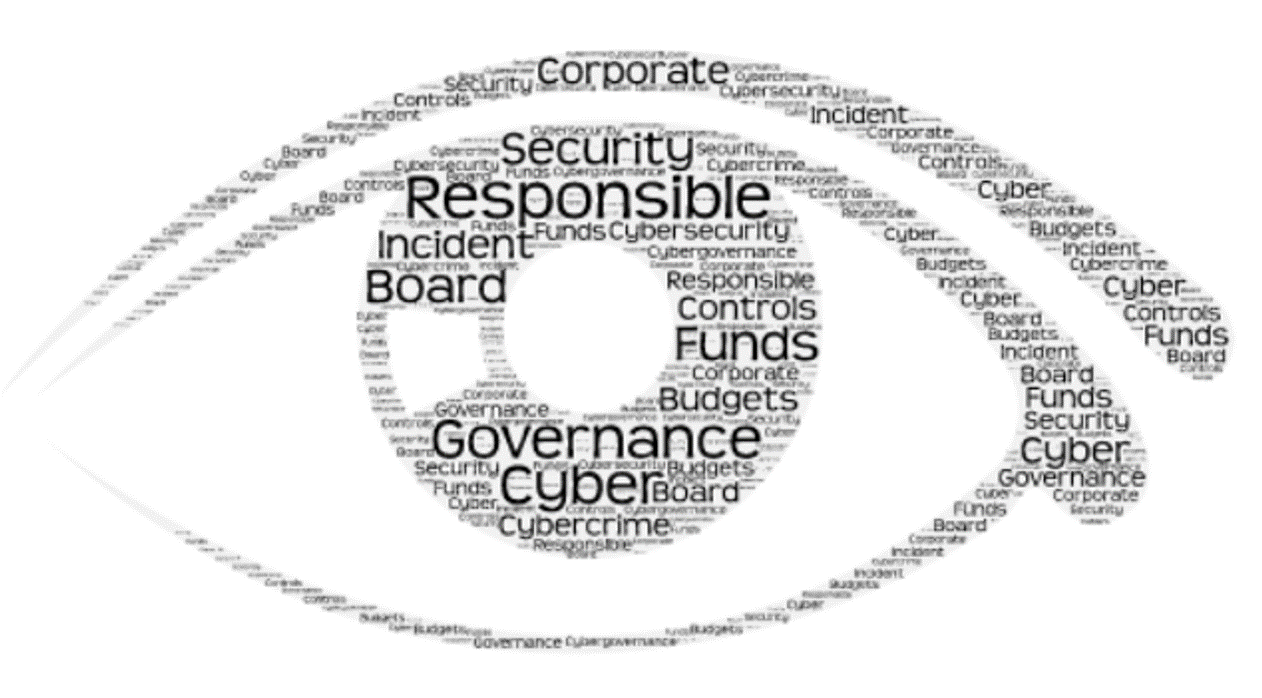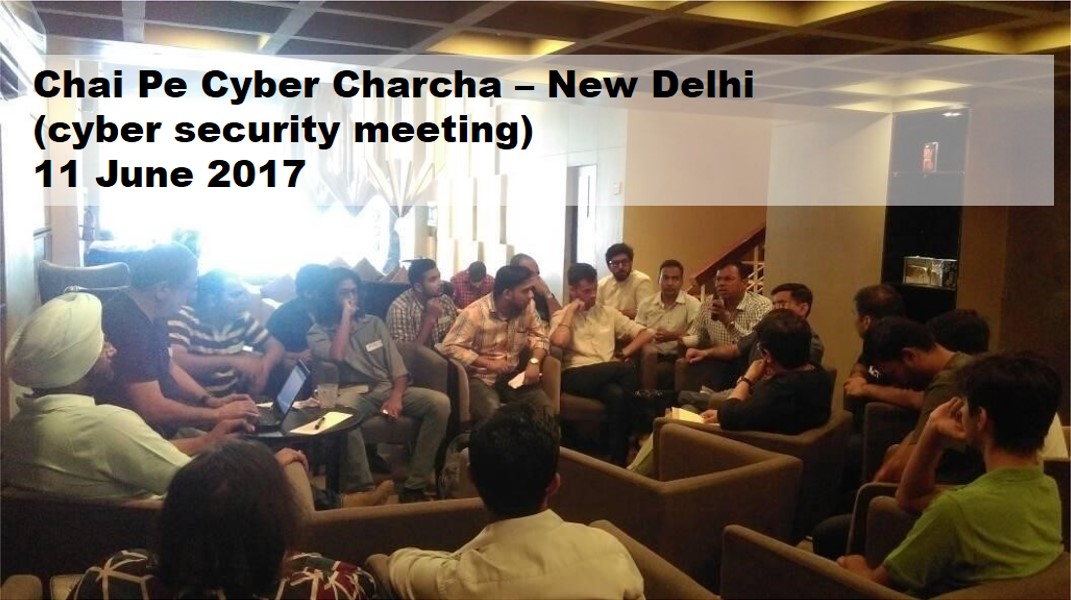“Curiouser and curiouser!” Cried Alice (she was so much surprised, that for the moment she quite forgot how to speak good English).”
― Lewis Carroll, Alice’s Adventures in Wonderland & Through the Looking-Glass
Life and personal liberty are inalienable rights. These are rights which are inseparable from a dignified human existence.
On August 24 2017,in a historic judgement that has profound implications for thesocial, political, religious and even the strategic domains ofIndia,a nine-judge Supreme Court bench delivered an unanimous verdict upholding privacy as a fundamental right. TheJustice K.S. Puttaswamy (Retd.) v. Union of Indiajudgement holding that privacy is a constitutionally protected right which not only emerges from the guarantee of life and personal liberty in Article 21 of the constitution, but also arises in varying contexts from the other facets of freedom and dignity recognised and guaranteed by the fundamental rights contained in Part III of the Indian constitution. The social, political and religious implications are being vociferously debated, but the strategic implications have not been much talked about as there is a well oiled campaign to keep the narrative away from the strategic contours. Before coming to the strategic implications, let me dwell upon certain extracts from the judgement to highlight what is at stake.
“Life and personal liberty are inalienable rights. These are rights which are inseparable from a dignified human existence. The dignity of the individual, equality between human beings and the quest for liberty are the foundational pillars of the Indian constitution…
Life and personal liberty are not creations of the constitution. These rights are recognised by the constitution as inhering in each individual as an intrinsic and inseparable part of the human element which dwells within.”
Tracing the evolution of privacy in various cases and writings, the judgment concludes that:“Privacy includes at its core the preservation of personal intimacies, the sanctity of family life, marriage, procreation, the home and sexual orientation. Privacy also connotes a right to be left alone. Privacy safeguards individual autonomy and recognises the ability of the individual to control vital aspects of his or her life. Personal choices governing a way of life are intrinsic to privacy. Privacy protects heterogeneity and recognises the plurality and diversity of our culture. While the legitimate expectation of privacy may vary from the intimate zone to the private zone and from the private to the public arenas, it is important to underscore that privacy is not lost or surrendered merely because the individual is in a public place. Privacy attaches to the person since it is an essential facet of the dignity of the human being.”
This right to privacy especially in the information age is of special significance as society undergoes disruptive change in the information age due to proliferation of ICT and globalisation. It enjoins on the state to now take measures to guard this fundamental right of its citizens.
This reaffirms the reason why “We the people” have come together to form a constitutional democracy, a system where we are governed by laws and not by men. A natural evolution in political structures from the dawn of history to the present times. To that extant the constitution can be termed as a repository of the political wisdom of mankind that has followed a specific evolution with contributions from various civilisations. The recognition of privacy as a fundamental inalienable right even when not explicitly stated, is a test of the robustness of the Indian Constitution. This right to privacy especially in the information age is of special significance as society undergoes disruptive change in the information age due to proliferation of ICT and globalisation. It enjoins on the state to now take measures to guard this fundamental right of its citizens.
Privacy of the individual citizen exists at the granular stage, but when one views it from the prism of national security challenges and the emergence of cyber space as the fifth domain of warfare, the privacy of the entire citizenry now begins to assume strategic significance. In the Information Age the privacy of the individual is to a large extant dependent on the privacy and security of the data generated by the individual in his daily activities. These arguably has largely been ignored by the Indian state, due to a variety reasons. The privacy judgement now allows the citizen to question the state on its various actions and inactions to uphold these inalienable rights. The logical fallout of the judgement has to be data localisation, ensuring that EULA’s of all services and products confirm to the law of the land and punitive provisions on the OEM for back-dooring etc. This also implies that the ICT backbones that have currently been built-up using suspect/ back-doored MNC appliances will now have to be replaced using trusted indigenous replacements with undoubted fidelity to the nation that can be monitored and legally enforced.
The Western MNC’s see these obvious fallouts of the judgement and have now mounted a well funded campaign through various NGO’s and Think Tanks to ensure the narrative remains stuck at the granular level of individual privacy rights. The strategic community on the other hand has yet to fully realise that this matter of legal jurisprudence now enjoins on them to take policy course corrections. The author has attended a couple of public meetings on the impact of this judgement wherein the strategic import has been totally ignored and when raised by the author has been met with no cohesive answers. In fact one of the public meetings was sponsored by Google and Amazon two of the largest data aggregators in the world with documented evidences of collusion with the Western deep state !
Where does the planned Cyber Command and the Indian military fit into in this scheme of affairs ? Here again it is to the Constitution and its provisions that one must turn for its wisdom. The Second Schedule of Government of India (Allocation of Business) Rules, 1961 givesthe Department of Defence under theMinistry of Defence (Raksha Mantralay) (abbreviated as MoD) “Defence of India and every part thereof including preparation for defence and all such acts as may be conducive in times of war to its prosecution and after its termination to effective demobilisation”. The military of all nations including India are governed by separate laws and live by a different code called the military ethic. The military is a recognised professional field, with its specialised fields of studies. It is the collective wisdom of mankind that people who live by these special code are charged with the defence of the state. All matters of defence of the state are accorded the highest priority by all nations as all rights of the citizens are dependant on the very survival of the state. The structures for the governance of cyber space and its security in India was planned before cyber space was recognised as the fifth domain of warfare. The lead ministries for the same was MEITY and DoT with the MoD largely kept out of it. Indeed as a middle level bureaucrat in MEITY confessed to the author their actions are not governed by national security considerations but promotion of business interests as national security is not part of their charter !
In India there are very strong interests that would like the military to be on the sidelines of the defence of Indian cyber space, as these interests have till date mostly controlled this domain with little forethought to its defence and business interests the primary driver. These have happened due to the deficiencies in the higher defence management of the nation that have nurtured an insular military. Such interests have endeavoured to give a limited role to the planned cyber command by restricting its role to offensive operations externally ! These are explicitly against the constitutional provisions that charge the MoD with the defence of the nation. Attempts to plan for the cyber security of various industries by planning sectoral CERT’s and having NCIIPC oversee the CII minus the MoD looking at the overall military defence of cyber space is an ill conceived plan which lacks cohesive strategy and is at best an attempt to continue with the massive purchase of suspect MNC appliances and continue with the unhindered flow of data across borders without constitutional safeguards. A cohesive national strategy has to see the MoD along with the PMO plan for rapidly setting up an indigenous ecosystem of private companies while ensuring such companies remain Indian owned under the Indian legal system.
Such a strategy will also give this government’s flagship schemes like “Make in India” and “Startup India” a much needed fillip. The privacy judgement can be leveraged for highlighting the dangers of the need for data protection under our national jurisdiction and gives the nation a chance for a much needed course correction. Data not under our national jurisdiction can be mined by other nations with emerging technologies like AI and ML which can adversely affect the economic interests of our citizens, undo social cohesion, subvert the political process and endanger national security.
Data not under our national jurisdiction can be mined by other nations with emerging technologies like AI and ML which can adversely affect the economic interests of our citizens, undo social cohesion, subvert the political process and endanger national security.
I conclude by pointing the attention of the political leadership and the strategic community to another para from the privacy judgement.
“The refrain that the poor need no civil and political rights and are concerned only with economic well-being has been utilised though history to wreak the most egregious violations of human rights. Above all, it must be realised that it is the right to question, the right to scrutinise and the right to dissent which enables an informed citizenry to scrutinise the actions of government. Those who are governed are entitled to question those who govern, about the discharge of their constitutional duties including in the provision of socio-economic welfare benefits. The theory that civil and political rights are subservient to socio-economic rights has been urged in the past and has been categorically rejected in the course of constitutional adjudication by this court.”
Any setting up of the national security architecture for cyber space a domain of military activity without the MoD in the lead role is against constitutional provisions and will cost the nation heavily.
The rapid push for digitisation of the economy and building up of the digital infrastructure without adequate safeguards and examination of the strategic dimensions of cyberspace come fraught with perils that will manifest within the decade. Attempts to link Aadhar a scheme built up using COTS solutions from MNC’s complicit with the IW apparatus of foreign countries to multiple data sets for short sighted gains like tackling corruption (no doubt important) can be used to undermine the whole nation and its very security foundation. The international studies lauding all these actions are influenced by big money, very clear evidences exist on the same. A course correction in policy is the need of the hour. This course correction and the privacy law needs inputs from a cyber war perspective that is war-gamed. This war-game needs to be attended by the CCS, and needs to be organised by the MoD with inputs from the strategic community. Any setting up of the national security architecture for cyber space a domain of military activity without the MoD in the lead role is against constitutional provisions and will cost the nation heavily.













